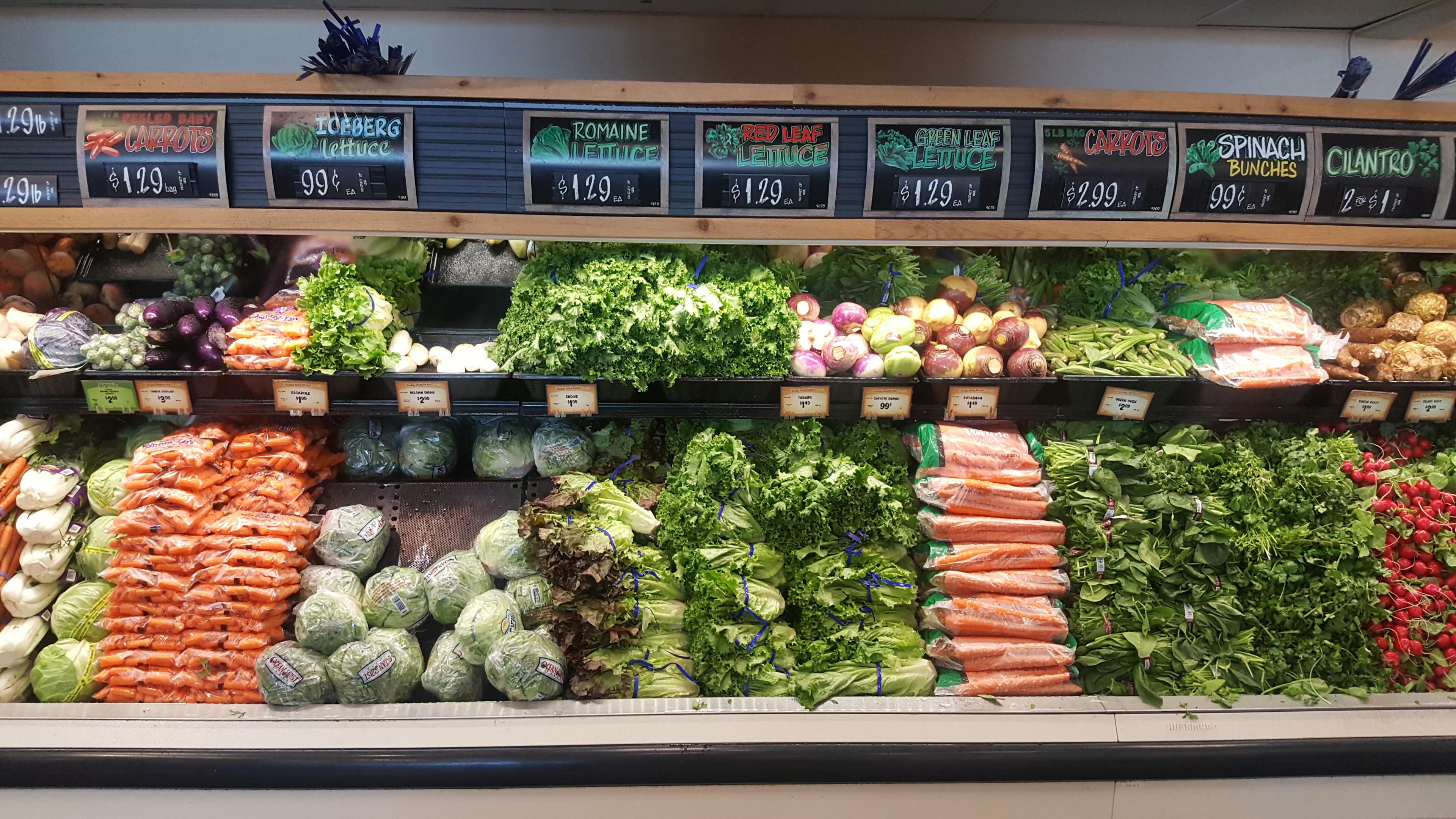

On the eve of Thanksgiving, grocery stores across Colorado are pulling products containing romaine lettuce from their shelves due to an E. coli outbreak.
The move comes on the heels of a nation-wide food safety alert issued Tuesday, Nov. 20, by the Centers for Disease Control and Prevention warning against eating the lettuce.
Thirty-two people in 11 states have been infected by the an outbreak of Shiga toxin-producing E. coli strain. Shiga is a disease-causing toxin produced by some strains of the bacteria. The Public Health Agency of Canada has also identified 18 people who are ill due to the same strain.
Brian Naughton, produce manger for Sprouts Farmers Market on Colorado Boulevard and Yale Avenue said he wasn't taking any chances. His staff started pulling everything they thought was romaine from the shelves.
"I was here at work, so we pulled everything that we thought was romaine," Naughton said. "Then a more comprehensive list started to come down of all the different salad brands that needed to be pulled."
The Food and Drug Administration is working with states to trace the source of the romaine lettuce that caused people to fall sick in the current outbreak. The CDC is advising that consumers not eat any romaine lettuce because no common grower, supplier, distributor or brand of romaine lettuce has been identified yet. They are also asking that retailers and restaurants not sell or serve any products containing romaine until more is known about the outbreak.
Epidemiological evidence from the United States and Canada indicates that romaine lettuce is a likely source of this outbreak.
People can become sick anywhere from two to eight days after consuming something contaminated with the germ. The CDC advises that you seek medical attention right away if you think you may have contracted E. coli









